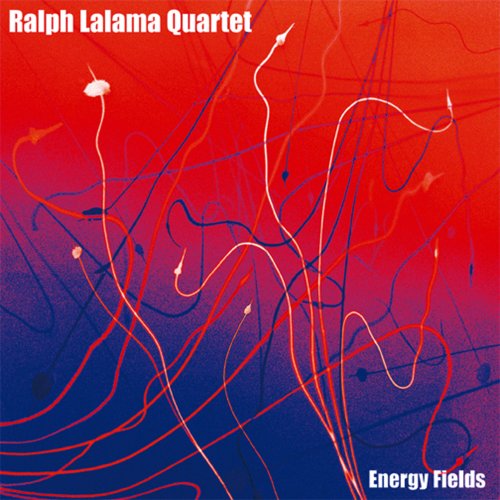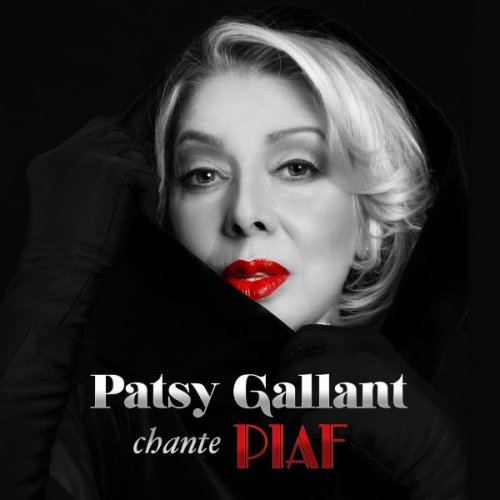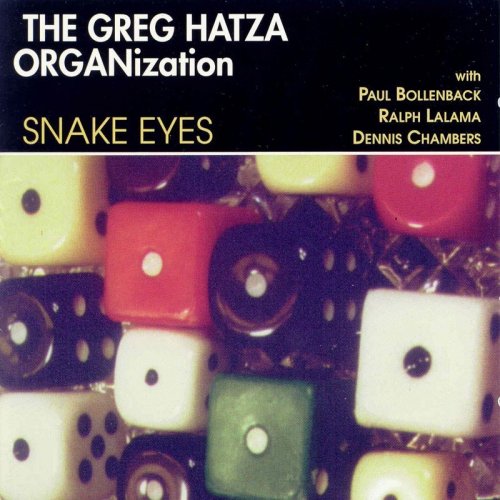Ivo Kahánek, Tomáš Jamník, Anna Paulová, Jan Fišer - Kalabis: Sonatas for Cello, Clarinet, Violin and Piano (2018) [Hi-Res]

Artist: Ivo Kahánek, Tomáš Jamník, Anna Paulová, Jan Fišer
Title: Kalabis: Sonatas for Cello, Clarinet, Violin and Piano
Year Of Release: 2018
Label: Supraphon a.s.
Genre: Classical
Quality: flac lossless / flac 24bits - 96.0kHz +Booklet
Total Time: 01:05:26
Total Size: 265 mb / 0.99 gb
WebSite: Album Preview
TracklistTitle: Kalabis: Sonatas for Cello, Clarinet, Violin and Piano
Year Of Release: 2018
Label: Supraphon a.s.
Genre: Classical
Quality: flac lossless / flac 24bits - 96.0kHz +Booklet
Total Time: 01:05:26
Total Size: 265 mb / 0.99 gb
WebSite: Album Preview
01. Cello Sonata, Op. 29: I. Allegro moderato
02. Cello Sonata, Op. 29: II. Andante
03. Cello Sonata, Op. 29: III. Allegro molto e drammatico
04. Clarinet Sonata, Op. 30: I. Allegro moderato
05. Clarinet Sonata, Op. 30: II. Andante
06. Clarinet Sonata, Op. 30: III. Allegro molto e drammatico
07. Violin Sonata, Op. 58: I. Allegro vivo
08. Violin Sonata, Op. 58: II. Adagio
09. Violin Sonata, Op. 58: III. Molto vivo
![Ivo Kahánek, Tomáš Jamník, Anna Paulová, Jan Fišer - Kalabis: Sonatas for Cello, Clarinet, Violin and Piano (2018) [Hi-Res]](https://www.dibpic.com/uploads/posts/2020-12/1607873047_ivo-kahanek-tomas-jamnik-anna-paulova-jan-fiser-kalabis-sonatas-for-cello-2018-back.jpg)
Viktor Kalabis (1923-2006), one of the most distinguished figures of 20th-century Czech music, wrote dozens of opuses, mainly instrumental pieces, including for his wife, the world-renowned harpsichordist Zuzana Růžičková. As he himself put it, his aim was to create music rooted in his country, music for educated listeners. Although he also drew inspiration from 20th-century classics, Kalabis arrived at a synthetic style of his own, an alternative to the rational compositional techniques – a Neo-Romantic alternative, akin to Neo-Classicism. Besides the first ever album of Kalabis’s complete piano oeuvre (2 CDs, scheduled to be released in 2019), Ivo Kahánek and other leading Czech instrumentalists have recorded the composer’s three sonatas. The one for cello reflects the dramatic events in Czechoslovakia between June and September 1968: the months of euphoria of the Prague Spring, followed by disillusionment and resignation in the wake of the Warsaw Pact’s invasion, which for two decades to come would numb all hopes of freedom. The Clarinet Sonata (1969) too clearly refers to the time of its coming into being: drama, grief and sorrow, escalated into harrowing helplessness. The elliptical and coherent Violin Sonata (1982) places emphasis on the instrument’s typical ethos – melodiousness, bright sound and soulfulness. After 3 CDs featuring Kalabis’s symphonies and concertos (Supraphon 2013), the present recording affords yet another insight into the composer’s musical universe.

![Marius Neset - Time to Live (2026) [Hi-Res] Marius Neset - Time to Live (2026) [Hi-Res]](https://www.dibpic.com/uploads/posts/2026-02/1771945711_folder.jpg)

![Chris Forsyth's WHAT IS NOW - Both / And (2026) [Hi-Res] Chris Forsyth's WHAT IS NOW - Both / And (2026) [Hi-Res]](https://www.dibpic.com/uploads/posts/2026-02/1771839412_cover.jpg)
![Bop Juice - Live at Smalls (2026) [Hi-Res] Bop Juice - Live at Smalls (2026) [Hi-Res]](https://www.dibpic.com/uploads/posts/2026-02/1771597003_cover.jpg)
![Acid Mothers Reynols, Acid Mothers Temple, Reynols - Vol. 3 (2024) [Hi-Res] Acid Mothers Reynols, Acid Mothers Temple, Reynols - Vol. 3 (2024) [Hi-Res]](https://img.israbox.com/img/2026-02/21/vgzin7mjpuc9xi8v2ce3z1jc8.jpg)
![Sinedades - De par en par (2026) [Hi-Res] Sinedades - De par en par (2026) [Hi-Res]](https://img.israbox.com/img/2026-02/23/k9xyrl2p7m3kmcwozolhfnu7a.jpg)

